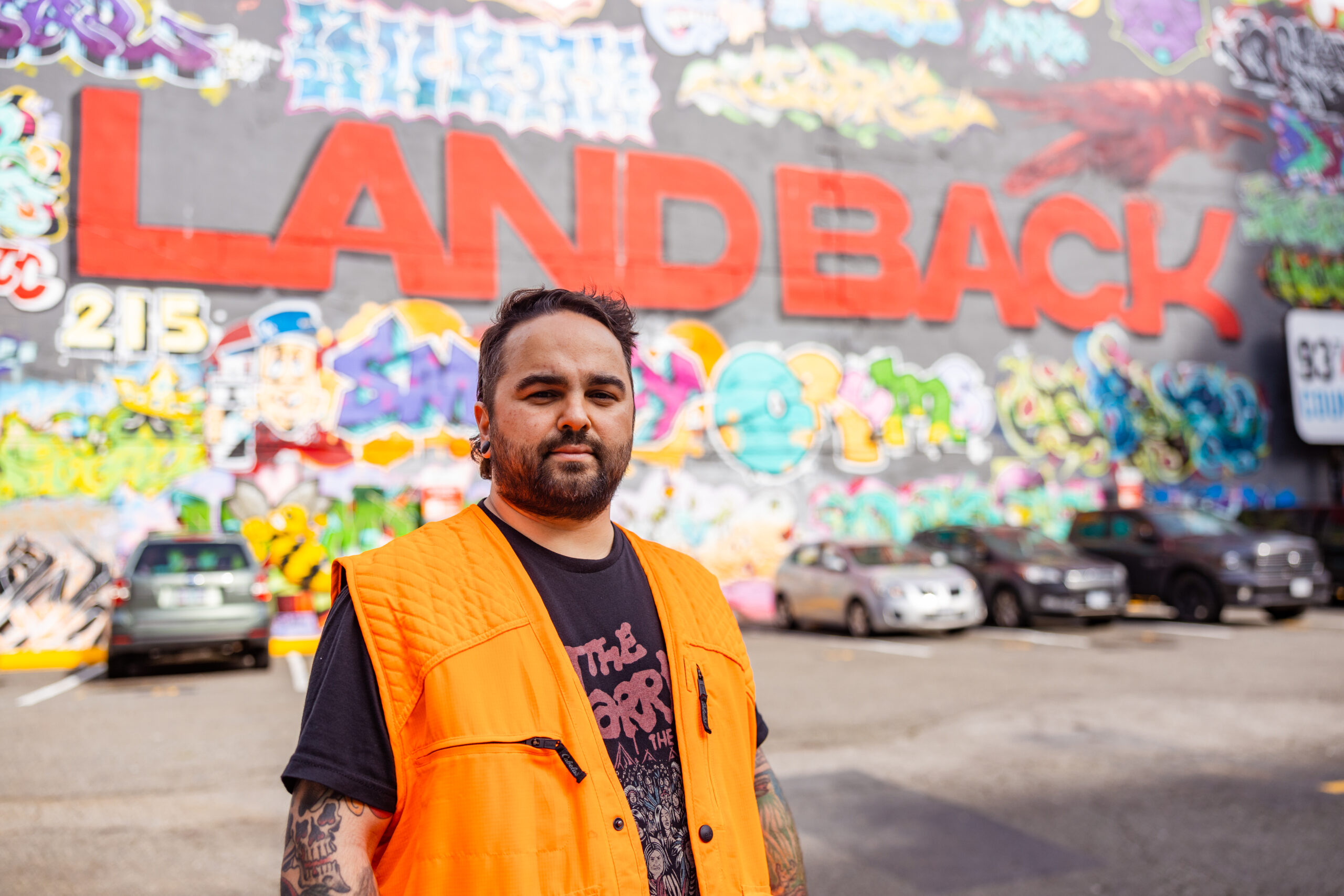This story was originally published on For the Love of Monsters.
The first year of anything is always the toughest—it’s when you have the most to prove, the most to lose, and the most to figure out. We’ve all been there, and I’m not one to judge anyone for what happens in that crucial first year.
BUT… (you knew a “but” was coming, right?)
Afropunk isn’t a “year one” festival. It’s not even a year two or year ten. This is a 20-year-old festival with a massive following and a legendary reputation. Which is why this past weekend’s Afropunk Seattle left me, well… confused.
Seattle has been waiting for Afropunk for years, with the demand so high that a whole other festival, Black & Loud, was created to fill that void. Now in its third year, Black & Loud is the place for alternative Black rock music in Seattle. And right before Black and Loud could shine, Afropunk swooped in — just one week prior. Why?
The timing was just the beginning of my confusion. Hosting Afropunk Seattle a week before Black & Loud felt like a misstep — one that no one in the local Black music scene would’ve approved. It almost seemed… rude. Still, Black & Loud made the best of it, cleverly promoting their own event at Afropunk. Smart move!
More festivals for Black artists? That’s a win for everyone. But, there’s another question looming here: who exactly curated the lineup?
Now, when you think Afropunk, you think Erykah Badu, Willow, Lianne La Havas — big names. In Seattle, out of five artists, two were live performers and three were KEXP DJs. KEXP, by the way, presented the festival.
For $35, festival-goers got two live bands and three DJs — DJs they could’ve listened to on the radio for free. Meanwhile, Black & Loud is bringing 15 artists for 30 dollars. You do the math. Where was all the amazing Black talent Seattle is known for? No Shabazz Palaces? Really?
Look, I’m not throwing shade at the artists who did perform. The Black Ends absolutely crushed it, BLAST kept the vibes high, and Eva Walker did her best as the host. This isn’t about them; it’s about whoever made the decisions. Where was the *punk* in Afropunk?
The glaring lack of Black performers on that stage screams one thing: there weren’t enough Black voices in the room making these decisions. It felt like a festival for Black people, curated by white people.
You’re not slick, KEXP. We see you.
But wait! I’m not just here to criticize; I’m here to help.
- Step one: Pick a different weekend! I get it — Seattle’s festival calendar is packed. Between Bumbershoot, Pride Fest, and Capitol Hill Block Party, there’s no such thing as a “quiet” weekend. But you’re not competing with those; you’re competing with Black & Loud. Give some space, and let both festivals thrive.
- Step two: Get the Black music community involved. Let artists, performers, and creators shape Afropunk Seattle. No amount of reading *White Fragility* is going to give white organizers the cultural understanding to curate a truly authentic Afropunk experience. This festival *needs* to be for us, by us. Period.
- Step three: More food. Enough said.
- Step four: Partner with local organizations already doing the work — Wa Na Wari, The Lavender Project, the Alphabet Alliance. Even the VERA Project and Seattle Area Punk Shows, though not Black-focused, are putting in the effort. Where were the clothing exchanges? The James Baldwin reading corners? The hair braiders and chakra cleansers? Seattle’s Afropunk didn’t feel like the community-driven, soulful experience it should’ve been.
I’ll say this: I’m thrilled Afropunk finally made it to Seattle. It’s a massive opportunity to showcase the city’s rich talent and reestablish our cultural identity as a source of good music (no offense, Macklemore, but come on…). There’s a wealth of artists here who could truly shine on that stage — if the right people are in the room making the decisions.
Yes, Seattle can be a bit cliquish. Thanks to our infamous “Seattle Freeze,” the inability to communicate with someone not in their immediate network, that makes collaboration nearly impossible. Blackness is about community. And that’s what we need to see in Afropunk Seattle going forward.
The good news? The crowd was all smiles, the vibes were immaculate, and people were excited about the future of the festival. The marketing may have been lackluster (seriously, people only heard about the event a few days before), but that only means the festival has room to grow.
Sure, despite opening at 2 p.m. it didn’t get going until 6 p.m. (I doubt KEXP is familiar with CP time), and sure, some people didn’t want to risk wearing their best Afropunk outfits for what turned out to be three DJs in the park. But the enthusiasm is there. Even the white people were cool, only twice did I see an overly enthusiastic white man push past Black children to get a chance at double-dutch.
KEXP, you may have fumbled this year, but the game isn’t over. Afropunk 2025 could be the comeback of the century. Just say the word, and I’ll start planning my outfit.
I’ll see y’all at Black & Loud this weekend.
![]()











